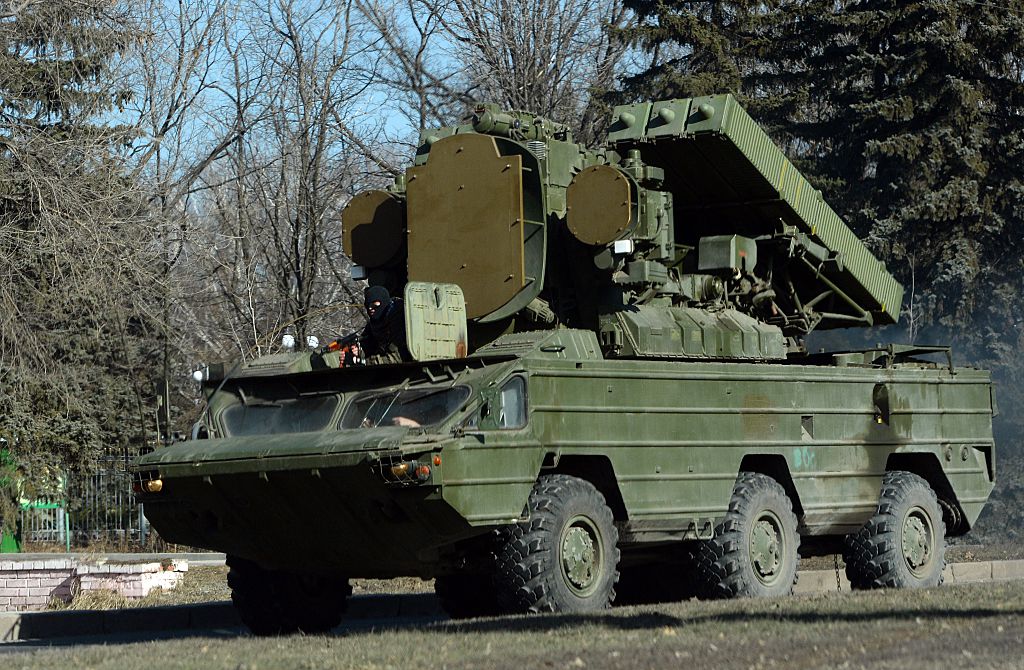
- Select a language for the TTS:
- UK English Female
- UK English Male
- US English Female
- US English Male
- Australian Female
- Australian Male
- Language selected: (auto detect) - EN
Play all audios:
STRENGTH AT HOME GROUP A 12-week group, Strength at Home, supports Veterans who are struggling with anger and aggression in their intimate relationships. This program helps Veterans
understand how their experiences and trauma impact their communication and relationships. This intervention, based on extensive research, has been shown to lessen anger, aggression in
relationships, and PTSD symptoms. Veterans dealing with various challenges find Strength at Home beneficial. For those whose anger affects relationships or who are involved with the justice
system because of IPV, this group offers valuable information and support. Learn more about the Strength at Home program. RECOVERING FROM IPV THROUGH STRENGTHS AND EMPOWERMENT (RISE) For
Veterans who have experienced IPV, RISE is a trauma-informed, evidence-based therapy program that helps them decide what is best for them. With a therapist, you can develop safety plans,
enhance coping mechanisms, learn about IPV, and expand your support network. This is a Veteran-guided process, so you determine what you need most and what you will work on first. RISE
Program flyer for Veterans SAFETY PLANNING A personalized, actionable plan to minimize relationship risks is a safety plan, covering the stages before, during, and after leaving a
relationship. It is also used to increase safety if one choses to remain in the relationship. Current or former partners who inflict verbal, emotional, psychological, sexual, or
stalking-related harm on an adult are engaging in intimate partner violence (IPV), a form of domestic violence. From infrequent verbal abuse to frequent, severe physical harm, sexual
assault, or life-threatening abuse, the range of IPV behaviors is vast. In potentially violent relationships, prioritizing the safety of everyone—yourself, loved ones, children, pets, and
property—is crucial. VA staff will help you decide what’s best for you. Staff will support you in exploring all options, rather than insisting you report to police or get a restraining
order. The safety planning resources listed below can help you develop strategies to enhance your safety. For more information or assistance with safety planning, connect with the National
Domestic Violence Hotline at 1-800-799-SAFE (7233), www.thehotline.org, or visit the https://myplanapp.org/ website.




)


